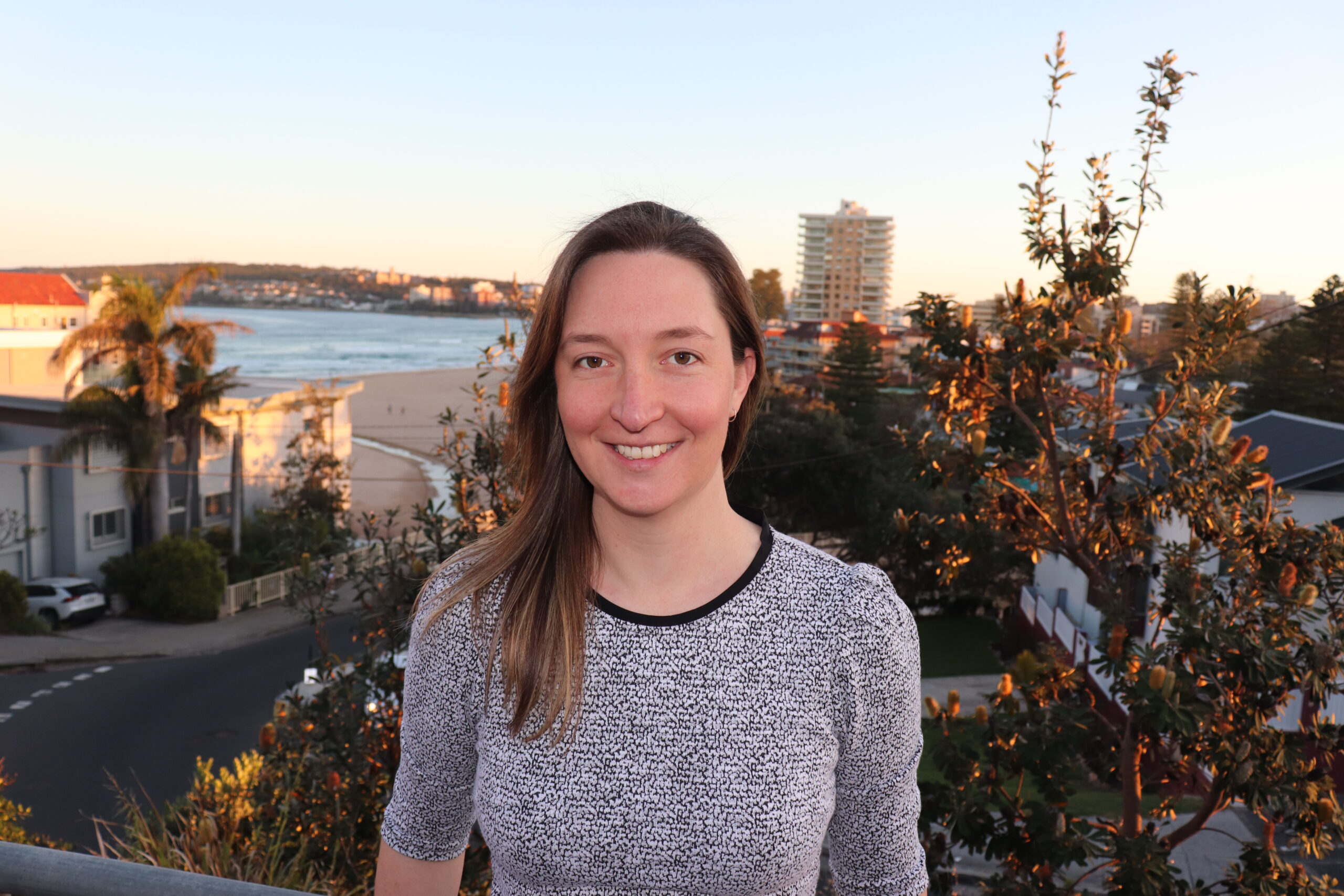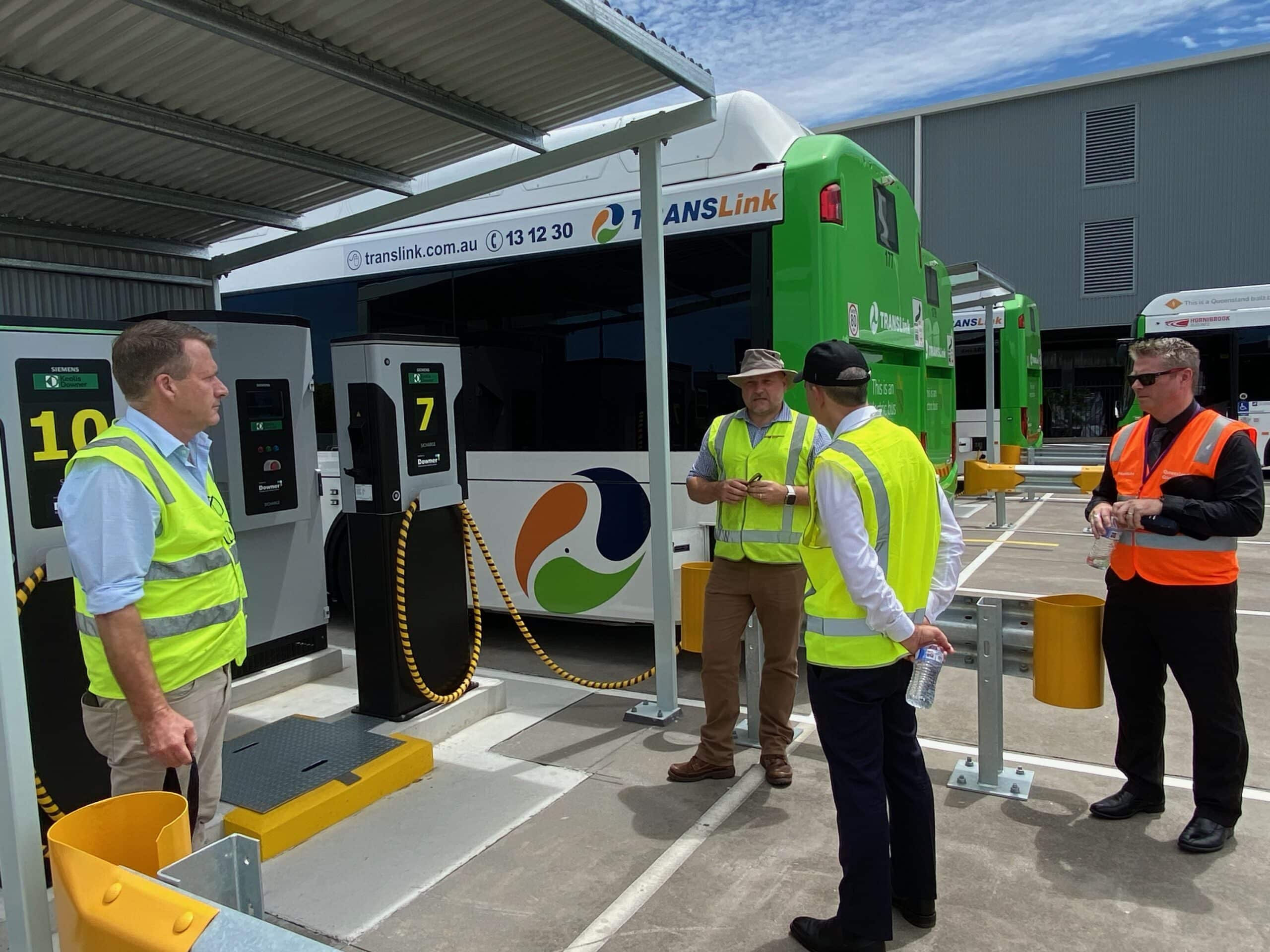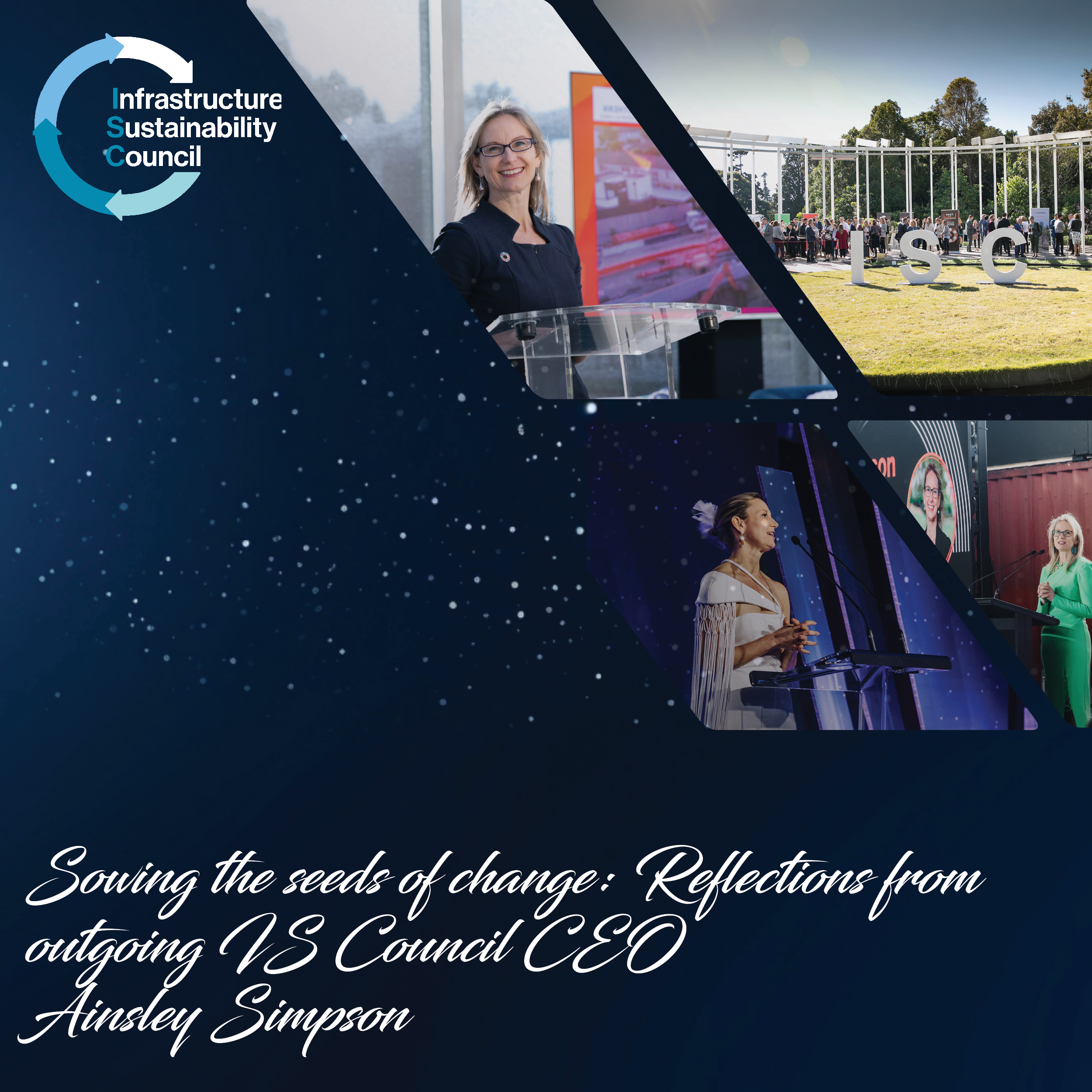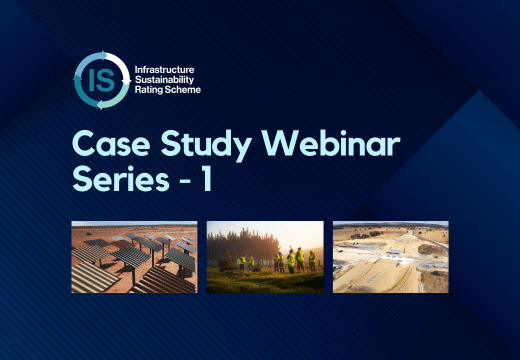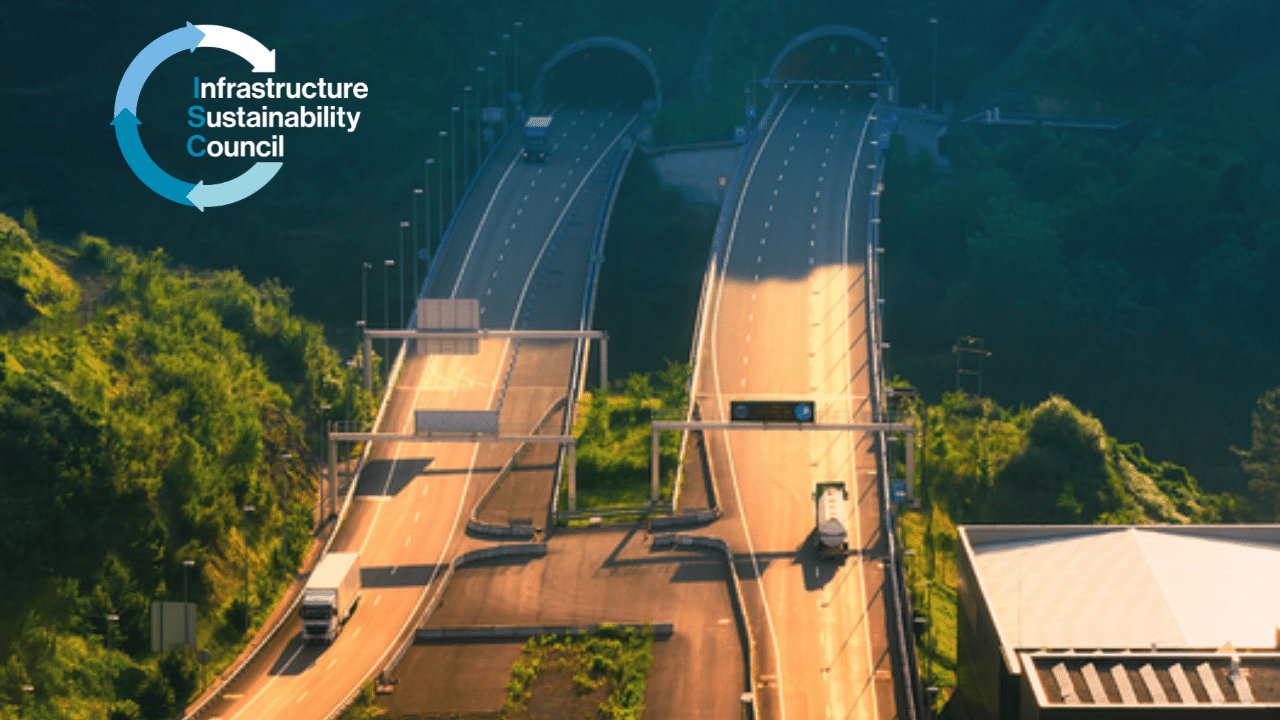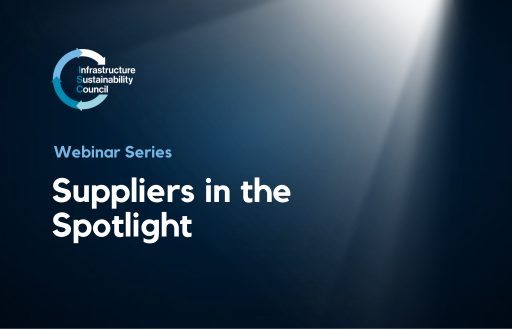Setting the scene
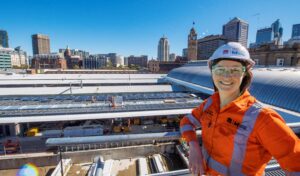 Just 12% of Australia’s construction workforce is female, which means we are missing out on talent at a time we need it most. The reasons why women aren’t choosing careers in construction are well documented and span everything from recruitment practices to lack of role models to unconscious bias. Meanwhile, Australia’s construction sector is responsible for a supersized carbon footprint, generating around 18% of the nations emissions, as well as 16% of our waste.
Just 12% of Australia’s construction workforce is female, which means we are missing out on talent at a time we need it most. The reasons why women aren’t choosing careers in construction are well documented and span everything from recruitment practices to lack of role models to unconscious bias. Meanwhile, Australia’s construction sector is responsible for a supersized carbon footprint, generating around 18% of the nations emissions, as well as 16% of our waste.
Diversity and sustainability are enormous challenges for the construction industry. But we can tackle them together. This series, developed by the Infrastructure Sustainability Council with the support of the NSW Government, spotlights stories of female sustainability leadership. By sharing stories that lay bare the obstacles and outline the opportunities, we hope to give more Australian construction businesses the insights and impetus to grow their workforce of female sustainability specialists.

From ecology to eco-construction
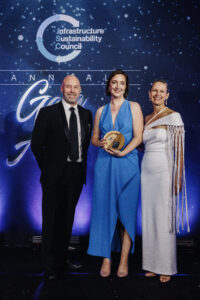 As Sustainability Project Manager on the Sydney Central Station Metro project, Alyssa Slaney has helped to transform Australia’s busiest transport hub into a sustainability showstopper.
As Sustainability Project Manager on the Sydney Central Station Metro project, Alyssa Slaney has helped to transform Australia’s busiest transport hub into a sustainability showstopper.
In 2023 Alyssa was named ‘Emerging Leader’ at the 2023 Infrastructure Sustainability Council Awards for her work at Sydney Central Station Metro, and as a role model and mentor to younger women.
But Alyssa’s career as a sustainability champion in construction was serendipitous, rather than strategic.
Alyssa began her science degree with the idea that she’d spend her days “catching small animals and surveying bushland”. While she relished her studies – which culminated in a Bachelor of Science in Ecology and Evolutionary Biology from the University of Melbourne – she couldn’t see herself in a research role.
“My boyfriend’s dad was in the construction industry and offered me a role setting up IT gear and preparing documentation while I made up my mind what to do,” Alyssa says. He made introductions and helped her establish connections, which led to an environmental graduate role.
“I had never considered construction up until that point. ‘How does the construction industry work and what would my role in construction entail? Surely I don’t have the skills for that kind of industry,’ I thought. Not true! The first thing is knowing that it exists as an option, and that it includes so many roles and career pathways.”
Breaking barriers, battling bias
Alyssa grew up with boys, and joining a male-dominated industry wasn’t daunting. But when she started on site, in Alyssa’s own words: “I stood out, at the time there was only a couple of women on site. But I chose to use that as an opportunity to connect with people and get things done. It was a little difficult to join conversations at times. I think it would have helped if I watched more sport!”
The most basic barrier to inclusion can be the quality of bathroom facilities. “Every project should ensure they have accessible women’s bathrooms and facilities. It seems like a no-brainer, but this is not a given on all projects.”
Personal protective equipment is another subtle symbol of exclusion. “When I started, PPE was either for men and way too big and the wrong shape, or you got pink or purple boots rather than the normal brown. If your workplace doesn’t have the right stuff for you, ask for it. If that doesn’t work, source it yourself and get reimbursed.”
One of the biggest takeaways from Alyssa’s experience is to rethink safety. “Safety is everyone’s responsibility and if you feel uncomfortable, or if a process isn’t being followed it’s important to identify what is going on and speak up. As an individual you will have a unique perspective and if you see an improvement opportunity that others haven’t, it could have a great flow on effect for yourself and others.”
A more insidious challenge is unconscious bias that can entrench gendered stereotypes. Alyssa says she continues to grapple with “the balance of being ‘bossy’ – which is just ‘getting it done’ – versus being ‘ineffective’, which is ‘being friendly and a team player’.” This remains a work in progress.
Sustainability champion and change agent
There have also been times during her career when Alyssa has worried whether her values and career choice are in step. One memory that remains with her was of a “gigantic gum tree” be felled to make way for a wider road.
“This tree was a thing of beauty. I watched as the team pulled up a machine next to it and pushed it over. My heart broke. On the outside I was trying to be calm, but I was probably in shock. I thought: ‘Construction must not be for me.’ This played in my mind until one of the engineering graduates flipped it for me. It’s because construction has a large environment impact that I should stay, and that industry needs people like me to make it better.”
Alyssa has undoubtedly made a profound personal and professional impact. She has contributed to a swag of sustainability ratings on the Central Station Metro project, notably an IS Design Leading Rating, working towards a Leading Rating for IS As Built Rating and a world-leading 6 Star Green Star Design Review rating.
As a change agent, Alyssa also developed a sustainability training module for people working on the Central Station Metro project. More than 5,800 people learnt about the impact of climate change, the importance of sustainability ratings and the roles we all play to contribute to climate positive pathways.
Alyssa is a construction ambassador, sharing the positive story of sustainable construction to young women. “I don’t remember seeing any job offers or information booths for construction while I was studying science,” she notes. To address this, she has presented sustainability modules to young women considering studying STEM, through Laing O’Rourke’s industry-leading Inspiring STEM+ programme, mentored peers and supported undergraduates to set sustainability-oriented career goals.

Lessons learnt
- Break down inclusion barriers: Some of the most obvious obstacles to inclusion – like appropriate female site facilities, PPE and safety procedures – can be easily remedied. Others, like tackling unconscious bias, are systemic challenges. “I can recommend finding someone with the skills and behaviours you want for yourself, and getting them to mentor you,” Alyssa suggests.
- Foster male champions of change: Alyssa’s experience underscores the powerful role that male mentors play in identifying and nurturing female talent. Alyssa’s introduction to construction came from an enthusiastic male advocate who helped her navigate her way in the early days of her career. “I also had some great managers that showed a lot of interest in my development and told me about opportunities and connections I could make,” she says.
- Use sustainability to tell a powerful positive story: Alyssa’s efforts to educate STEM students about sustainable construction points to the power of sustainability to inspire young talent and catalyse careers. As a teacher from Sydney Girls High School said in thanks to her presentation: “Sustainable design is very relevant to them [the students] and they were really glad to hear that organisations are really taking it seriously. They said it made them feel more positive about the future!”
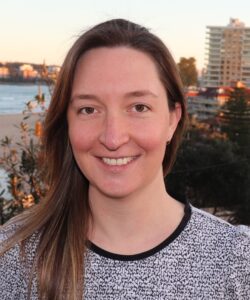
Alyssa Slaney, Laing O’Rourke


